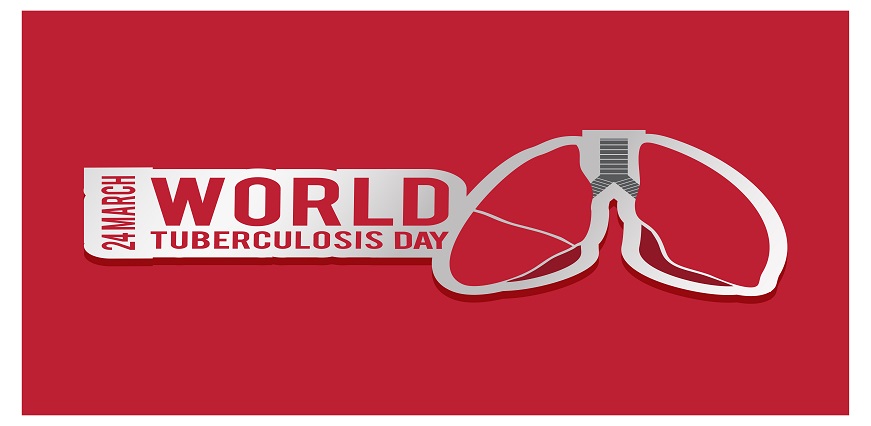





No lab centers are available in this city

Max Lab
May 05, 2023
Pregnancy is a beautiful journey, but it can also come with its fair share of discomforts. As your body adjusts to the growing life inside you, constipation and bloating might become all too familiar. While there are many remedies available for these issues, enema during pregnancy has gained popularity as a quick solution. But what exactly is an enema? Is it safe during pregnancy? How do you go about it? This blog post will answer all your questions about Enema in Pregnancy - from the need to the procedure and tips for making it a little easier on yourself!
An enema is a medical procedure that involves flushing out the rectum and colon with liquid. This liquid can be water, saline solution, or other types of medication. The purpose of an enema is to relieve constipation or prepare for certain medical procedures.
During pregnancy, the hormones released by the placenta can cause constipation due to their relaxing effect on intestinal muscles. Unfortunately, this can result in discomfort and even pain for expectant mothers. This is where an enema comes in handy.
An enema helps to ease constipation during pregnancy by softening hard fecal matter and stimulating bowel movement. It involves introducing a solution into the rectum through the anus, which then stimulates a bowel movement.
In some cases, doctors may recommend an enema before labor as it clears out any stool that may be present in the rectum or colon. This is done to prevent feces from contaminating the uterus during delivery, reducing potential risks of infection for both mother and baby.
Additionally, if you are scheduled for certain medical procedures such as a C-section or surgery involving your lower abdomen area while pregnant, your doctor may recommend an enema beforehand to minimize any risk of complications due to abdominal distension during anesthesia.
"Suggested Read": Vegetables to Avoid During Pregnancy
Enema is a medical procedure that involves the insertion of liquid into the rectum through the anus. Enemas are commonly used for constipation relief, bowel emptying before surgery or childbirth, and colon cleansing.
The procedure of enema during pregnancy involves inserting a small plastic nozzle into the rectum to deliver a solution of salt water or other substances. The solution then stimulates bowel movement and softens stool, making it easier to pass.
Before performing an enema during pregnancy, it's important to consult with your healthcare provider first. They will determine if you are eligible for this type of treatment based on your medical history and current condition.
It's recommended that pregnant women lie down on their left side while having an enema administered. This position helps reduce discomfort and makes it easier for the solution to flow into the colon smoothly.
During an enema procedure in pregnancy, healthcare providers may also need to monitor vital signs such as blood pressure and heart rate to ensure safety and minimize any risks associated with this treatment.
Enemas during pregnancy can be beneficial for certain conditions, but they also come with risks and side effects. It's essential to understand these potential issues before opting for an enema.
There have been rare cases of damage caused by improper insertion or overly forceful use of an enema. This could include tears in the rectal lining or injury to the anal sphincter muscle.
Enemas can be a helpful tool during pregnancy, but it's important to take certain precautions and follow the right steps. Here are some tips for using enemas safely and effectively:
Firstly, it's always a good idea to consult with your healthcare provider before using an enema during pregnancy. They can advise you on whether it's necessary or safe in your particular situation.
When preparing for an enema, make sure you have everything you need within reach. This includes the enema kit, lubricant, towels for cleanup, and any other supplies recommended by your healthcare provider.
It's important to use sterile equipment when administering an enema. This helps prevent infections and ensures that the procedure is as safe as possible.
After exploring the need, procedure, risks, and tips related to enema in pregnancy, it is clear that this medical intervention can be helpful in certain situations. However, it should never be done without consulting a healthcare provider first.
Enemas during pregnancy are usually recommended for those who are constipated or about to undergo a medical procedure. The procedure involves inserting liquid into the rectum to stimulate bowel movements. While there are some potential risks and side effects associated with enemas during pregnancy, they can generally be avoided by following proper procedures and guidelines.
Maxlab offers an exhaustive list of tests for a comprehensive diagnosis of your health. Take a look at the Pregnancy Test for detecting any pregnancy-related symptoms in the body.





Enemas can be safe during pregnancy when used under medical supervision. It's essential to consult with your doctor before going for one to avoid complications.
During pregnancy, it is best to consult your healthcare provider before using any type of enema. Generally, mild saline enemas are considered safer compared to other types. Avoid using enemas that contain harsh chemicals or stimulating ingredients. Always follow your healthcare provider's recommendations for safe practices.












Sign up takes less than 60 secs and gives you access to your offers, orders and lab tests.
Looks like you are not registered with us. Please Sign up to proceed
OTP will be sent to this number by SMS
We have successfully received your details. One of the agents will call you back soon.
 To reach our help desk call 9213188888
To reach our help desk call 9213188888
No Lab Centers are available in this city
Looks like you are not registered with us. Please Sign up to proceed
OTP will be sent to this number by SMS
Not Registered Yet? Signup now.Looks like you are not registered with us. Please Sign up to proceed





 7982100200
7982100200.png)
Comments